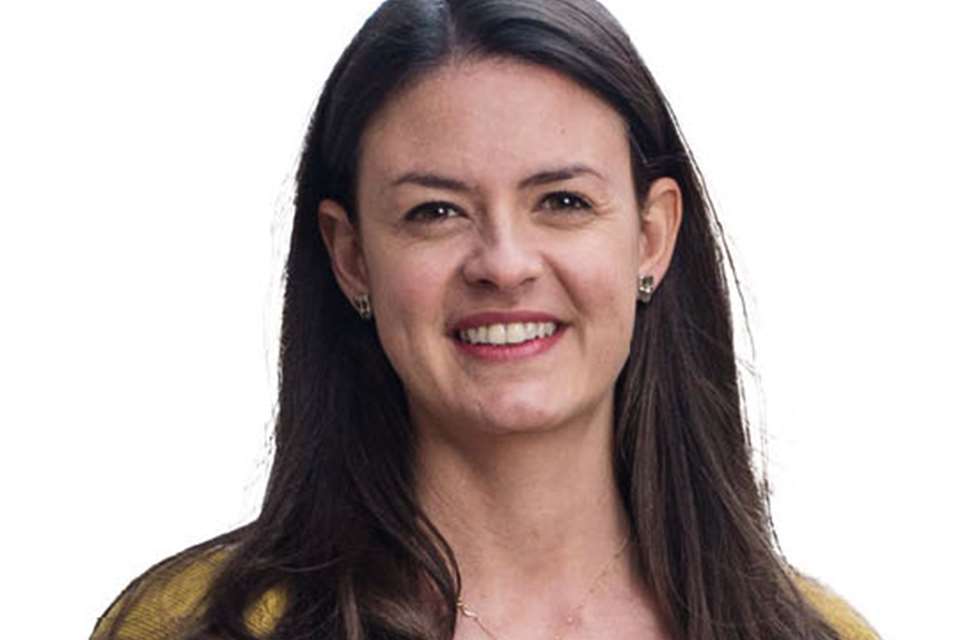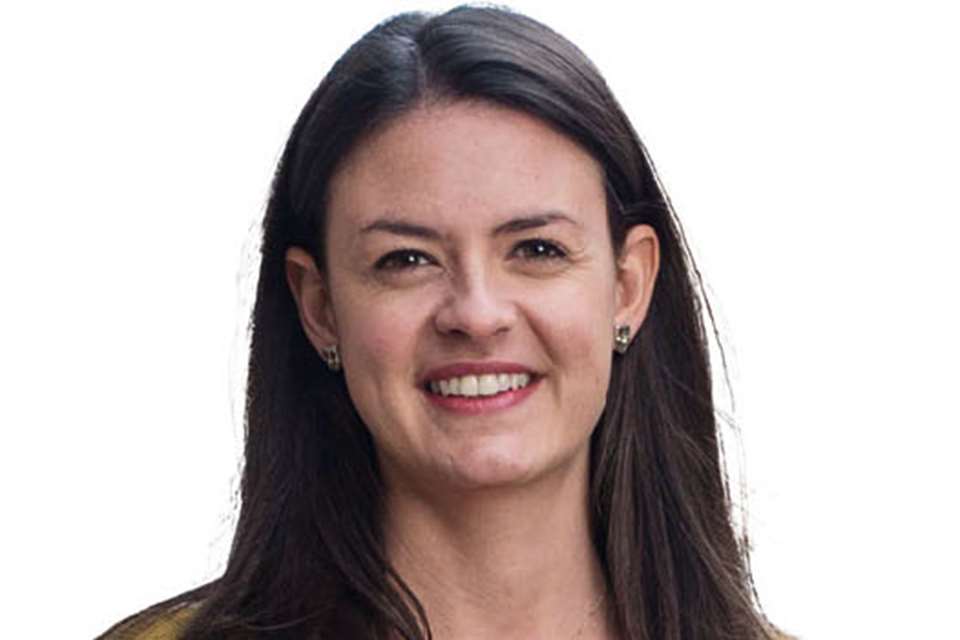Editorial: Autumn Term 1 2021-22
Sarah Lambie
Wednesday, September 1, 2021
Still fighting

We enter the new academic year as a sector beleaguered by cuts or the prospect of cuts to funding which represent a true existential threat. Over the course of July, first proposed reforms to post-16 qualifications and then 50% funding cuts to arts subjects in Higher Education settings have been confirmed as going ahead. Turn to page 11 to read Dr Robert Marsden's opinion column on this latter attack, which has been made so that money can be redirected to ‘high-value’ STEM and medicine subjects.
D&T reported on a public consultation regarding the future of BTECs in January, with the result that the deadline for responses was extended to allow a new influx of stakeholders to make their concerns heard. In the government's response document published in mid-July, it is confirmed that Level 3 qualifications will be ‘simplified’ to a binary choice between A Levels and T Levels – effectively spelling the end of the BTEC or Cambridge Technical. Concern has been widely raised that there is at present no plan for a T Level in Performing Arts, meaning that under the current proposals students wishing to study this subject post-16 would be limited only to an A Level in Drama: argued by many to be neither sufficiently vocational to guide students directly into a career in the performing arts, nor sufficiently accessible to a diverse student body, given that at present Advanced General Qualifications (AGQs) such as BTECs are taken by a higher proportion of students from disadvantaged backgrounds, or with SEND.
Reading the response document closely, this is still a work-in-progress, and it seems to be being recognised on a very tentative level that concession may need to be made for performing arts:
‘Large qualifications (including AGQs larger than one A level) will only be approved if there is clear evidence of links to specialist HE courses in areas not well served by A levels. They will also only be approved if they do not overlap with T Level areas. This could include qualifications in areas such as performing and creative arts.’
As far as next steps are concerned, the document states that ‘Ofqual will lead the review of qualification-related materials for academic qualifications, working with ESFA who will be reviewing qualifications for evidence relating to necessity.’ The next key point in the process for stakeholders in performing arts education will come, therefore, at the end of this academic year, when the government will ‘Remove funding approval from existing technical qualifications that overlap with wave 1 and 2 T Levels,’ saying, ‘We plan to publish a finalised list of these qualifications before the end of academic year 2021/22.’ Naturally, D&T will report, and continue to advocate for young people and their futures, as the process continues.
Meanwhile, I wish you a positive start to a successful, and hopefully more ‘normal’ new academic year.








